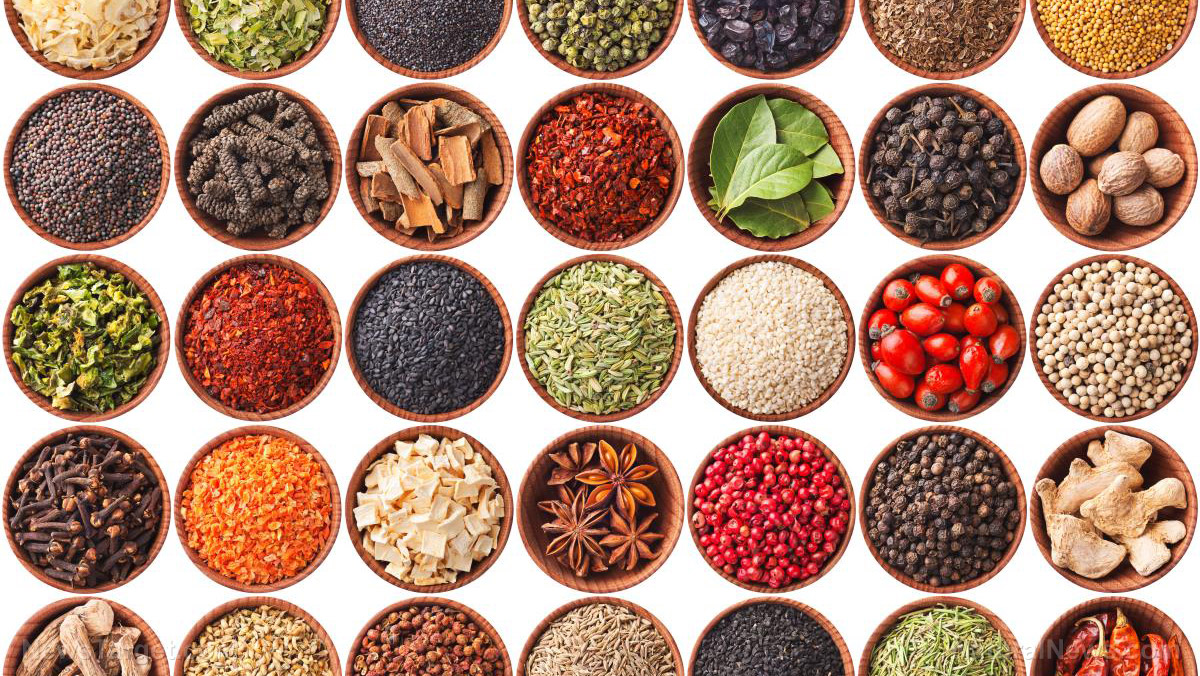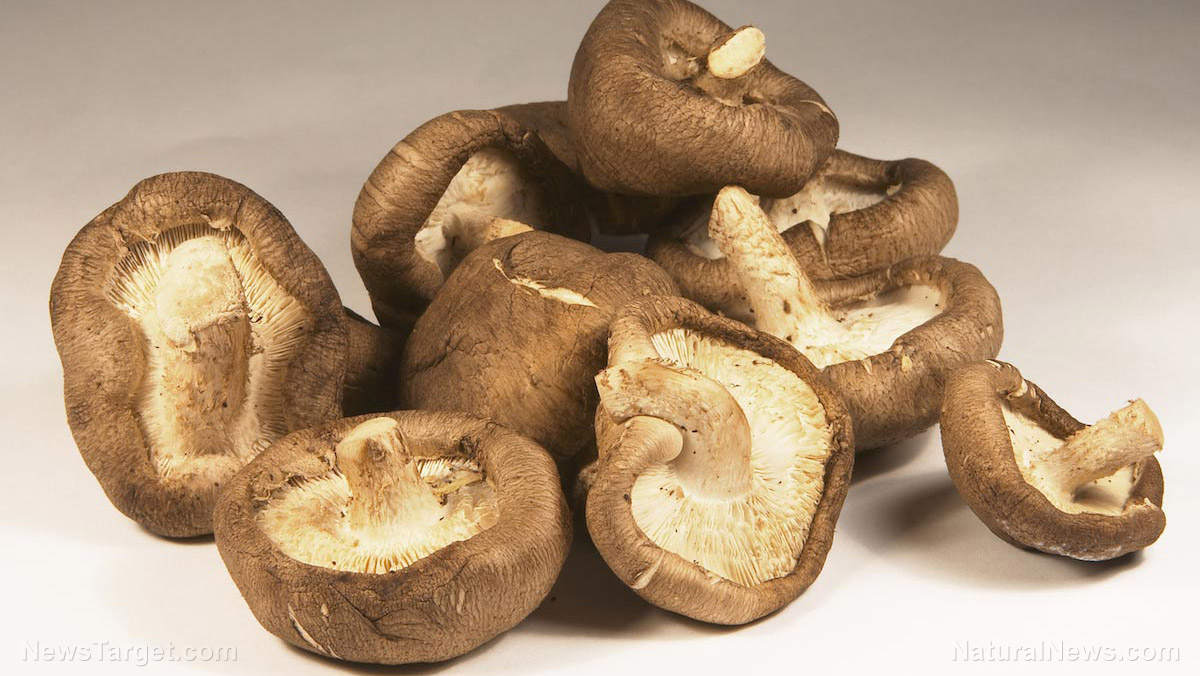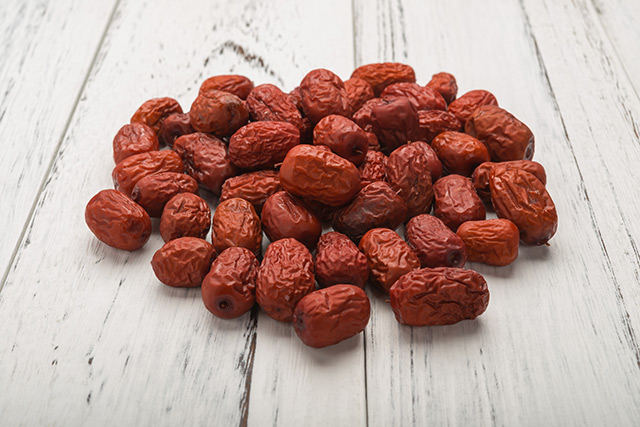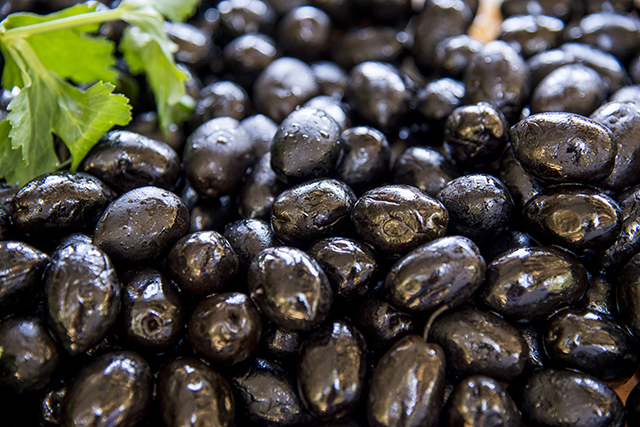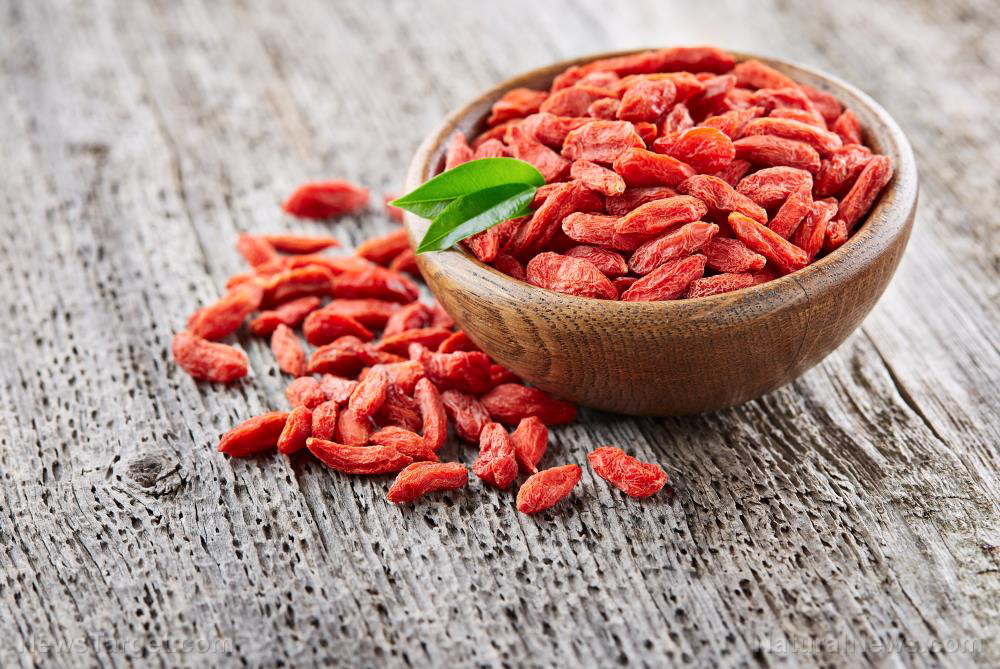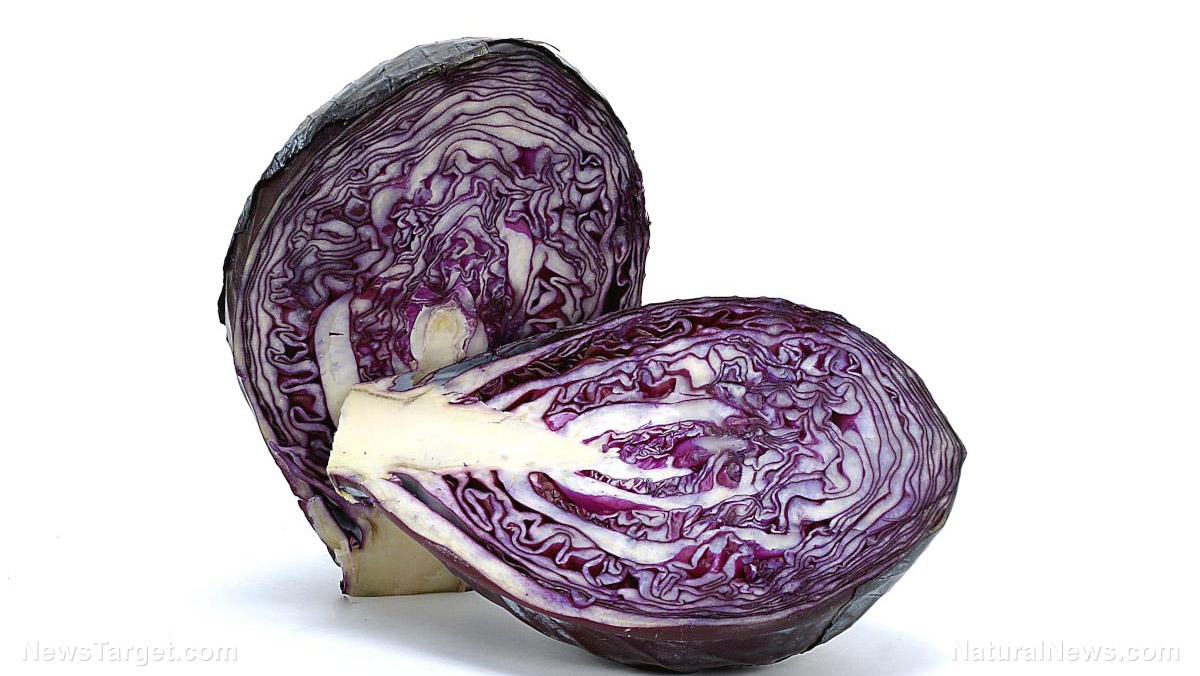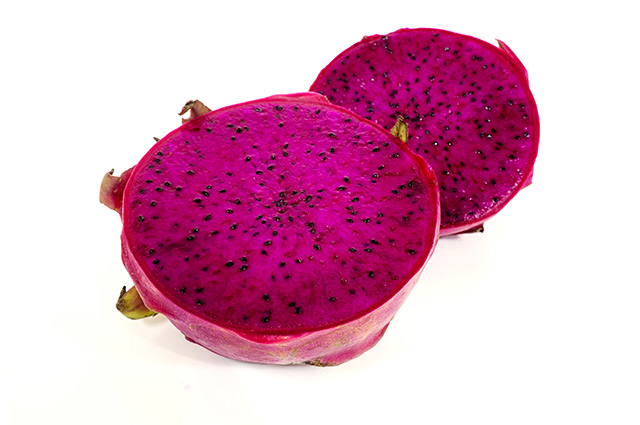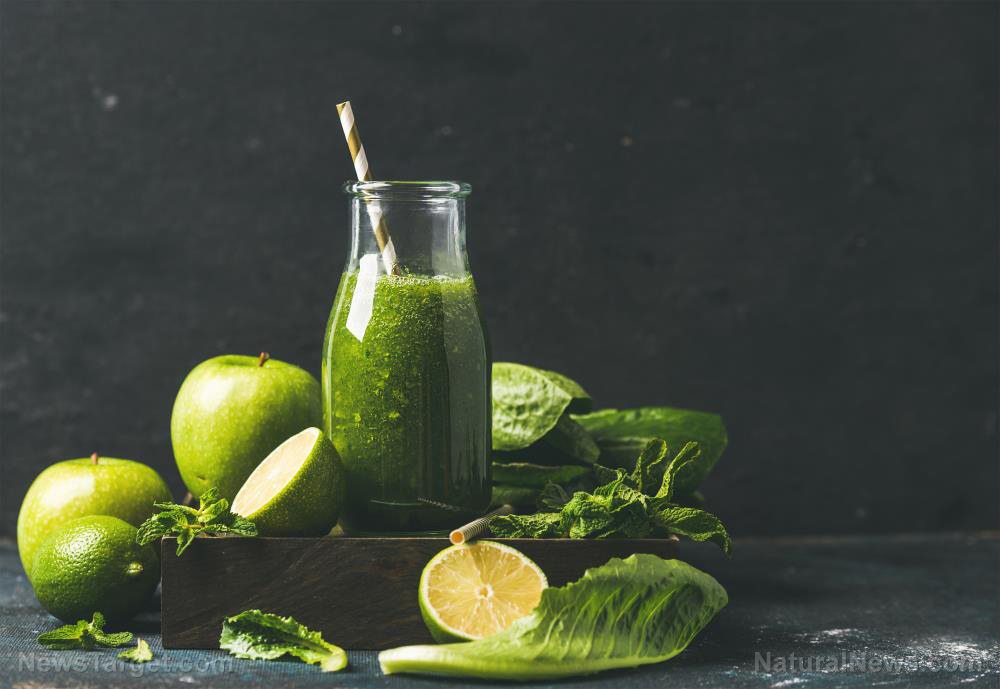Acai for colon health: The polyphenols from the Amazon superfruit can carry prebiotic benefits through the digestive tract
08/08/2018 / By Russel Davis

The scientific community has long branded acai berry as a superfood due in part to its many health benefits. In fact, a large number of studies have demonstrated that the Amazon superfruit’s properties help boost the body’s overall wellness. In yet another study, a team of researchers at the University of Roehampton in the U.K. has observed that the fruit’s polyphenol content can survive the digestive system’s environment. This in turn could mean that the superfood may provide prebiotic benefits across the digestive tract and the colon, scientists have reported in the journal Food Chemistry.
As part of the study, the research team used acai pulp that has been freeze-dried and ground into powder. The experts then simulated intestinal digestion by utilizing a standardized method that copies the mechanisms of the human digestive system. The simulation was conducted to examine the potential bioavailability and bioactivity of the fruit’s polyphenols, the researchers added.
The experts observed that nearly 50 percent of the fruit’s total polyphenol content were still available even after going through the digestive simulation.
“We hypothesize that both fiber and plant polyphenols present in acai (Euterpe oleracea) and anti-genotoxic benefits in the colon. Our work demonstrates that polyphenols present in acai may be degraded during the digestion process, but importantly, that they are not fully destroyed and a significant percentage of these compounds may therefore reach the colon,” the research team wrote in Nutra Ingredients USA online.
Acai polyphenols also slash bacterial proliferation in the guts
The research team also carried out another test to examine the potential of the fruit’s polyphenols as a prebiotic agent. The experts used mixed-culture fermentation containing fecal inoculate in order to conduct the test. The scientists have noted that acai berry pulp helped slash bacterial proliferation in the digestive tract.
“In mixed-culture fermentations with faecal inoculate, the digested acai pulp precipitated reductions in the numbers of both the Bacteroides-Prevotella spp. and the Clostridium-histolyticum groups, and increased the short-chain fatty acids produced compared to the negative control. The samples retained significant anti-oxidant and anti-genotoxic potential through digestion and fermentation. Dietary intervention studies are needed to prove that consuming açai is beneficial to gut health,” the researchers noted in a Science Direct article.
According to the research team, acai polyphenols may serve as an additional food source to the beneficial bacteria found in different organs along the digestive tract. The fermentation that takes place may in turn provide beneficial effects such as anti-inflammatory activities. Likewise, the presence of the remaining polyphenols may promote satiety and boost the body’s metabolism, according to the health experts. However, the scientists have noted that more in vivo studies are warranted to better determine the fruit’s health benefits. (Related: Acai Berry: A Super Food You Must Include in your Diet.)
Sources include:
Tagged Under: acai, acai berry, digestive health, food as medicine, food cures, prebiotics



